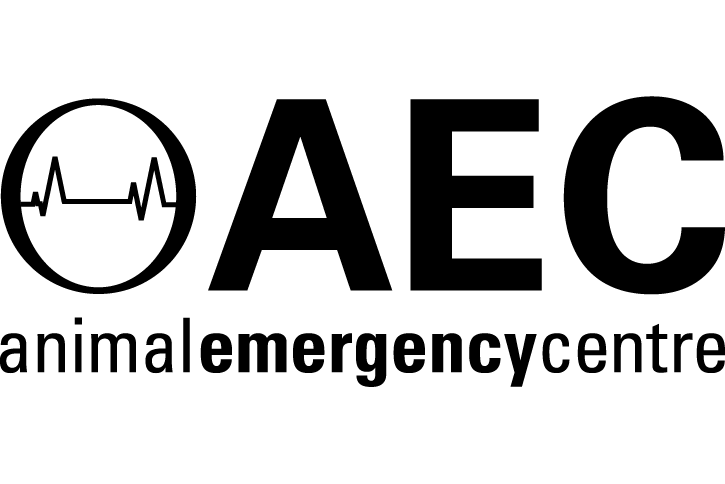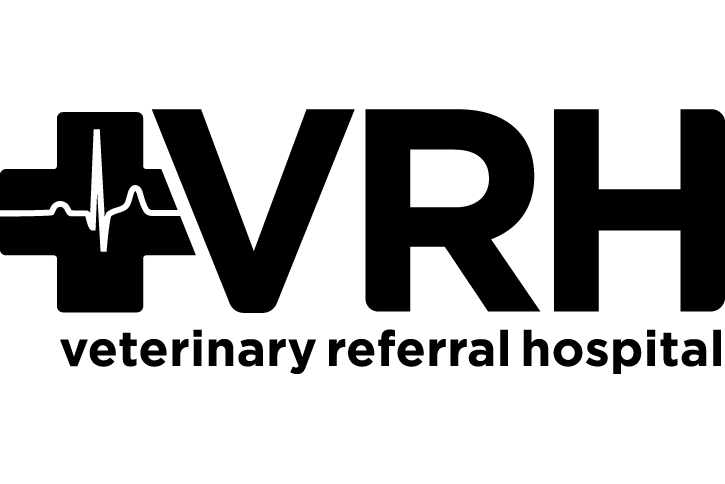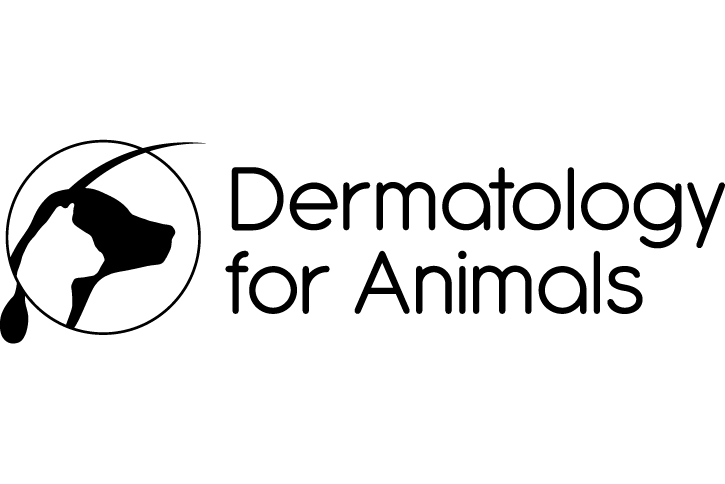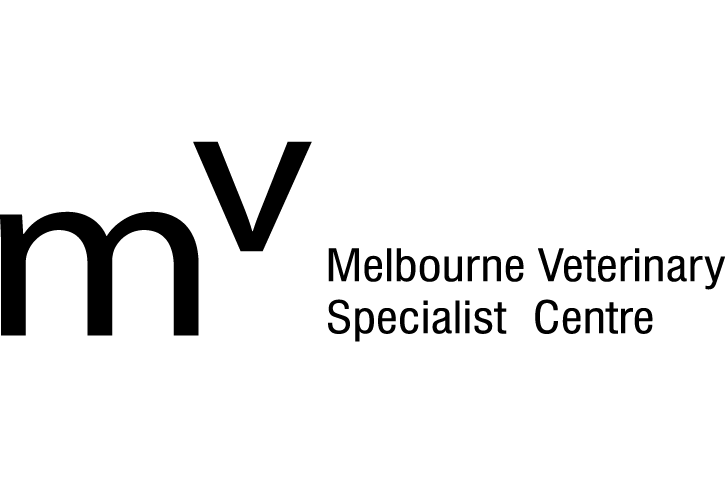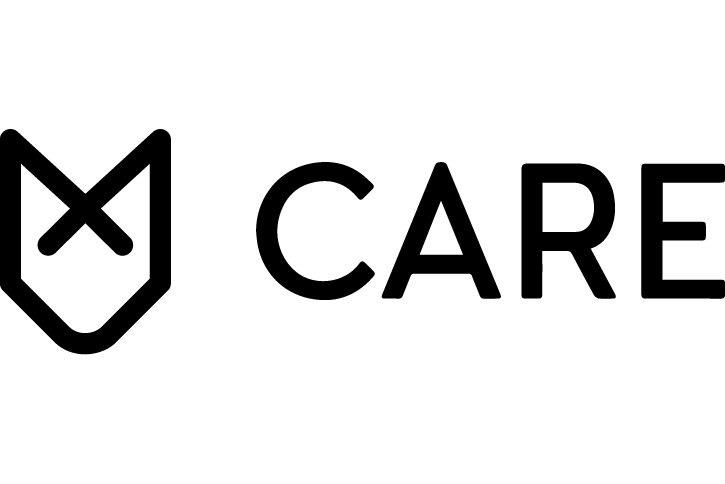It's Christmas present buying season – so much fun, excitement, and, a visit to the emergency vet?
Not quite what you think about when wrapping your presents. Take it from our emergency vets and clients though, there are certain presents best kept in the cupboard.
Food that's toxic to pets

You would think that a box of chocolates in a box would be alright to sit under the tree. Julie Rolfe, Pedro´s owner, knows differently though after her cheeky Chihuahua got into said present and proceeded to pick which chocolate he wanted to unwrap and eat. He then dragged the box under the bed, so he could sneak back when he wanted more chocolate.
Chocolate, alcohol, nuts, raisins/grapes, garlic/onion and xylitol are all common ingredients in Christmas presents, and somehow our four legged friends can smell out exactly which box contains the prize!
Flowers and plants

There are a number of flowers and plants toxic to dogs and cats. The big one is lilies. They are extremely toxic to cats and even a small amount can cause serious, life-threatening symptoms.
From palms to succulents, flowers to shrubs there are a number of plants poisonous to pets. See our previous article www.emergencyvet.com.au/for-vets-and-nurses/resource-centre/mothers-day-greenery-thats-toxic-to-pets.
The wrapping paper

Not a joke. Pets seem to love and want to explore with their mouths anything new and shiny in their environment. So even if the present isn't of interest then the wrapping paper may be. Oh, and the tinsel and decorations, as Harley´s owners found out last Christmas. He decided to have a good chew of their Christmas wreath, which led to a trip to emergency and anxious wait to see if the material would pass.
If you have indoor pets, we recommend keeping your Christmas decorations up high and out of reach, and a barrier between the tree and your pets.
Essential oils and herbs

Not so relaxing for pets, there are some essential oils and herbs which can have disastrous effects. Common toxicities include tea tree, clove, garlic, cinnamon, citrus, rosemary, thyme, pennyroyal, pine and wintergreen. This is not an exhaustive list, and since each pet can react differently to a toxin, it is best to keep essential oils away from the Christmas tree.
If you think your pet has ingested any of these or any other toxins, please seek veterinary advice and attention immediately.
.png)





